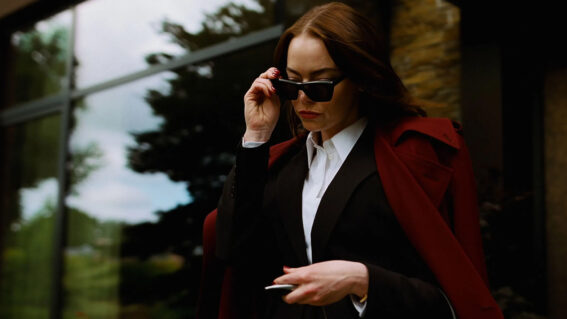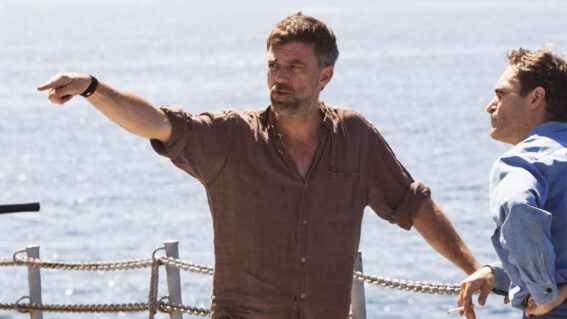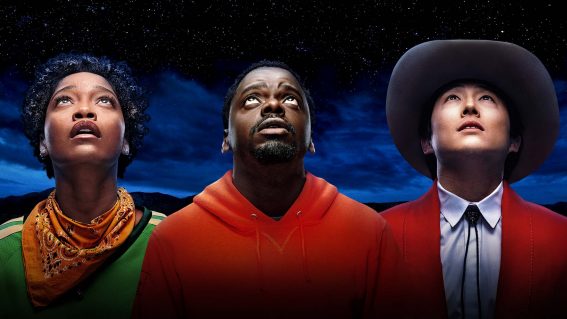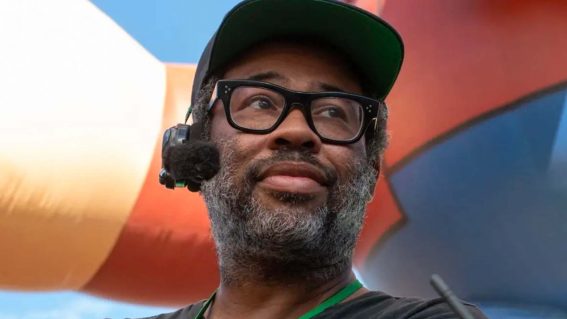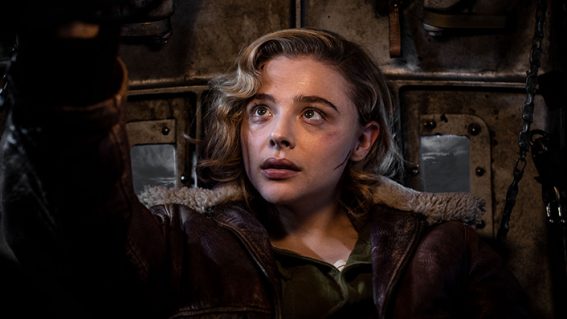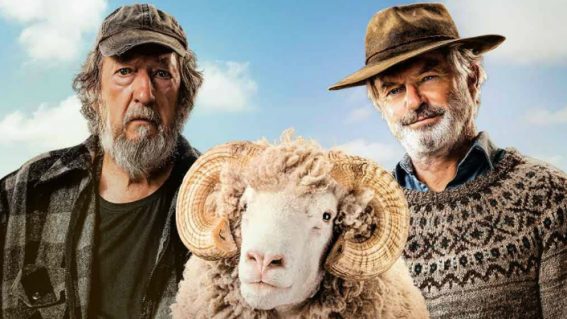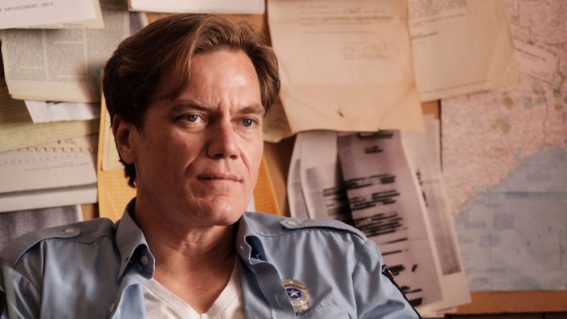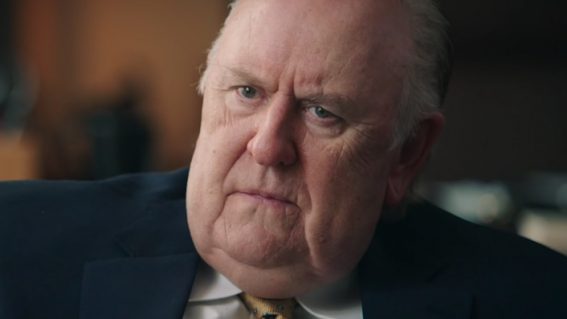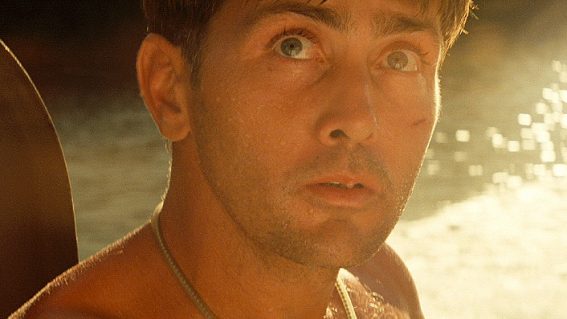Karina Longworth tells us about her new season of You Must Remember This
The acclaimed Hollywood history podcast’s new season revolves around rival gossip columnists.
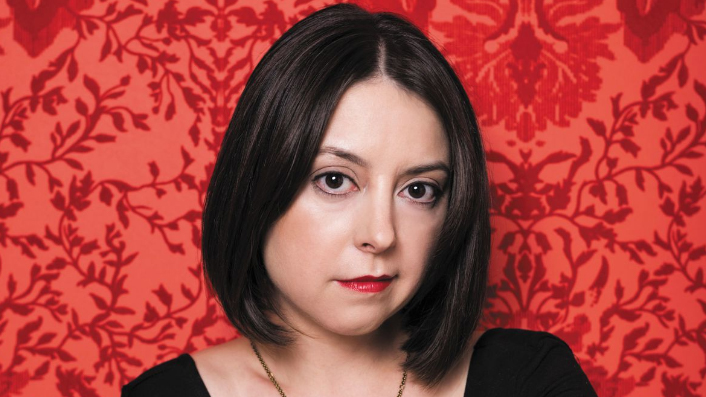
You Must Remember This is the podcast dedicated to exploring the secret and/or forgotten histories of Hollywood’s first century. Karina Longworth – who created the podcast and writes, produces and narrates – talks with Amanda Jane Robinson about the new season.
Karina Longworth is a film critic, author, journalist, and the woman behind acclaimed Hollywood history podcast You Must Remember This. Running since 2014, the podcast has become a cult hit due to Longworth’s rigorous research and ability to analyse the intricacies of a particular Hollywood scandal or myth in a manner that reflects on wider American society and culture.
See also:
* All new streaming movies & series
* Movies now playing in cinemas
The latest season of You Must Remember This revolves around Louella Parsons and Hedda Hopper, two rival Hollywood gossip columnists working in the early-mid 20th century. I spoke to Karina about these women and her singular podcast.
This interview has been edited for length and clarity.
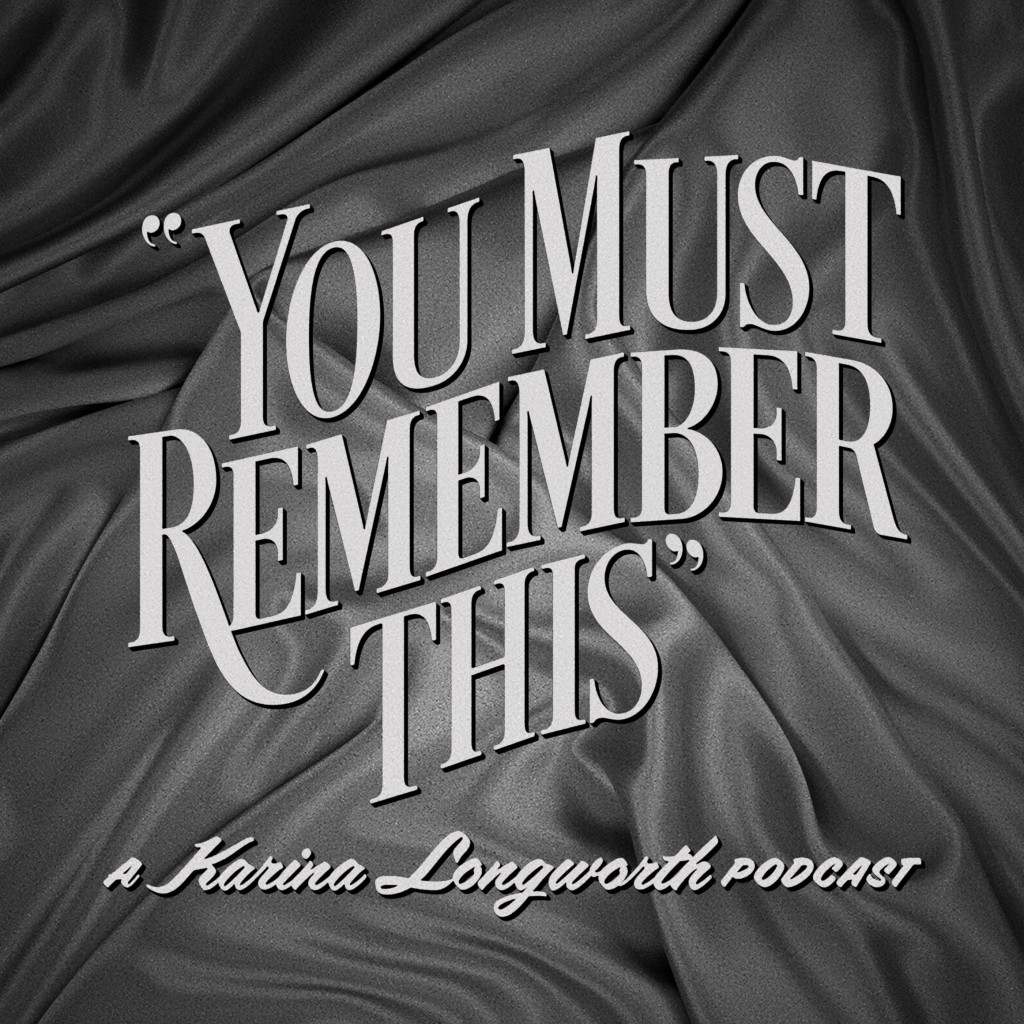
FLICKS: Louella Parsons and Hedda Hopper are famously controversial figures. What was it about these two women that appealed to you?
KARINA LONGWORTH: I had read a lot about them in the past—their stories come up in almost every biography of stars from the 1930s to the 1950s—but I didn’t really know much about them individually, and even as much about Hollywood as I know, I would sometimes confuse them for one another. So it just seemed like it would be good for my own personal development to be able to tell them apart.
Then in late 2020, I was thinking a lot about the way the media works and I think there’s been increasing conversation over the past few years about bias in media and what you do about that and whether it’s just the way things are or if it should be changed somehow. And it felt like a lot of the podcast is about cultural forgetting, it’s about the very short memories that we have about the past. It felt like that was something that was happening here in terms of the way we talk about media.
And so I thought that using Louella and Hedda would be an interesting way of talking about how the news has never been just the news. There have always been extremely mainstream media brands that have been the organs of single powerful men and that they would spin the news to fit those men’s personal interests.
Like in the second episode when you talked about how as soon as Hearst’s papers moved right, politically, Louella’s film column moved to the right as well.
Well, that’s the thing—Hearst’s papers moved right because Hearst decided that it was better for him financially for his politics to move to the right, after he had made a name for himself as this supposed pro-worker, pro-union guy.
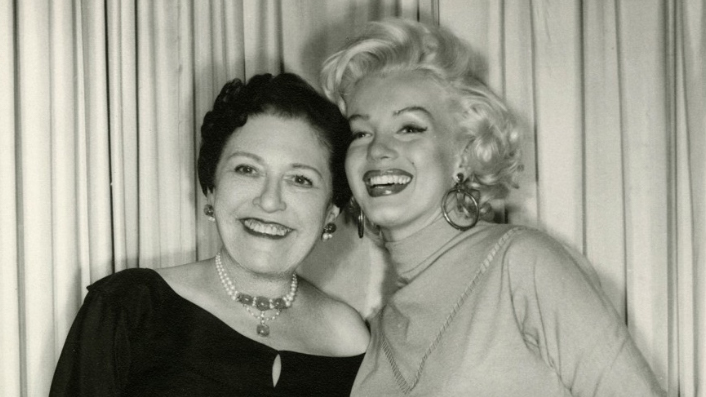
You really can trace those trajectories so clearly from a century ago to today’s media landscape. When you spoke about studios showering Louella with gifts so that she’d give their films positive reviews, it had me thinking about Instagram influencers and sponsored content.
Especially in the media that covers movies nowadays. Obviously post-pandemic we don’t really know what things are going to look like, but there’s a huge number of people who go on these junkets, especially to the sets of Marvel movies or the exotic locations where Fast and Furious is filming or whatever, there’s just a whole industry of sending people out on these trips. What kind of coverage do you think is going to result from that? It just ends up propagating these corporate products over anything else.
What do you think the role of the film journalist or gossip columnist is today?
Well, I don’t think there’s anybody who’s doing, like, muckraking journalism today. If there is, I’d love for somebody to point me to it. I think corporate media has gotten out of the business of writing any kind of gossip because there’s no financial incentive to it. I talk about this in the last episode of the season, but the way gossip proliferates nowadays is mostly through anonymous sources, or if not anonymous sources then the author of the gossip is anonymous because it’s based on a paparazzi photo or an anonymous tip sent in.
So it’s different from the age of Louella and Hedda because people would open their newspaper and they’d be like, “I know Louella has the scoop” or “I know Hedda has the scoop.” At least that’s what they thought. As I break down in the season, they were not actually revealing anything for the most part that the industry did not want them to reveal, at least until Hedda Hopper started being guided more by her politics than by her need to help the studios.
Are you interested in knowing where celebrities stand politically?
No, I would be fine if they never talked about it, but, you know, if you do find out that somebody donated to a candidate that you think is evil, then that does change your perception of them for sure.
Do you remember the first celebrity scoop you were deeply invested in?
No, I don’t remember, I guess it’s just always been part of my life growing up in Los Angeles, they would report on what Elizabeth Taylor did that day on the local news. But before I ever read a newspaper article or watched something like this on television, my mother was obsessed with Natalie Wood and she was particularly obsessed with the idea that when I was a child, I looked like her. So she would talk to me constantly about Natalie Wood and Natalie Wood’s history as a child actress and then her mysterious death. So I knew about that when I was three or four years old, but probably the first sort of celebrity news story that I became aware of because it was on TV or it was in magazines, was Rock Hudson’s diagnosis with AIDS and death.
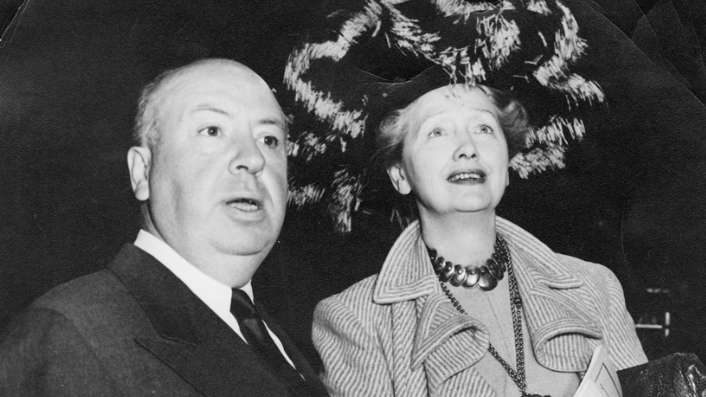
When did you start working on this season of the podcast?
I started doing the research last summer, around September. I’ve been working on another project at the same time, so I’ve been going back and forth ever since then.
How did Julie Klausner come to be involved in this season?
Julie and I are friends, we’ve been friends for a few years. She used to have a podcast called How Was Your Week? which was one of my favorite podcasts, I loved it so much. She interviewed me for that when I wrote a book about Meryl Streep in 2013, and then we just stayed friends, and my husband really loves her, too, so we all hang out together. Then my husband and I were on her new podcast, Double Threat, last fall, and we had a really fun time, it’s a completely unhinged comedy podcast. And then I just remember thinking Julie would probably be really funny playing either Hedda or Louella, so she was the first person I contacted when I knew I was going to do this season and get performers, and I gave her the choice. I said, play Louella or Hedda, whatever you want, and she chose Louella.
When you decide on a subject for a season of the podcast, where do you start in terms of research?
It takes a lot of research to just figure out if there is going to be enough material in order to do a season. Like last summer, I knew that I was about to sign a contract with a new company to sell ads for the podcast. And so I was going to have to come up with two seasons worth of material. And it was a little different than it has been in the past because I didn’t know how things were going to turn out with the pandemic. Libraries are still closed. So any research that I do has to be based on things I can either access online, or books I can order, or books I already have. So knowing that last summer I was like, I have to try to figure out some seasons where it can be based on books that exist.
I considered half a dozen ideas and I did sort of preliminary research on all of them, which involves figuring out what books exist, figuring out what resources are available, reading those books, looking at those resources, figuring out like, if this story is about Louella Parsons and Hedda Hopper, what is it really about? What are the levels of subtext and and what are all of the directions I can go in and then deciding if it’s interesting enough that I want to commit all this time to it, because it really is quite consuming.
So this process was different this time because I couldn’t just go to an archive or a library and pull books off the shelf. I had to be a little bit more strategic, but it was the same in that it’s always a challenge to just figure out what will sustain my interest for six to nine months.
In those early stages, who do you have conversations with about your work?
No one. I don’t even really have a team, so nobody is involved in that process at all except for me.
In an interview with Vulture last year. You were talking about wanting to make a TV version of the podcast like E: True Hollywood Story or something. Is that still something you’re interested in?
Yeah, I’ve been trying to develop that and have taken lots of meetings about it.
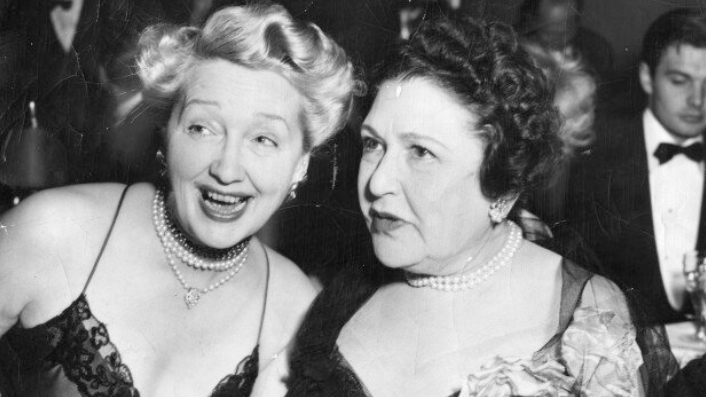
What should listeners look forward to in the season ahead?
There are nine episodes, and the first two are out now, but the season kicks into a new gear in episode three because Hedda Hopper joins the fray. The rest of the season is going back and forth between the two of them. I was trying to figure out a way to bring her in earlier, but because she doesn’t actually start writing her column until 1938, there’s just so much of Louella’s story to tell before Hedda gets involved.
Just before we finish I want to say thank you for the podcast, and especially the last season about Polly Platt. I love her so much, and there was so little information about her online, and I feel like I learned so much about her last season. I’m very grateful for that.
I’m so glad. I mean, she was somebody that I had been fascinated with my whole life. I had tried to write a book involving her story a long time ago that went nowhere. Then when I got access to her memoir, I tried to work with her daughters to publish it as a book first and nobody was interested. I ended up firing my book agent over it. So it was great to be able to tell her story over the podcast.
With the success of the podcast season, do you think you’d push again now for the publication of the book?
We were trying when the podcast season came out, but actually doing it as a podcast hurt the prospects of doing it as a book. It was heartbreaking. My agent really didn’t believe in it and he convinced me that I’d never sell a book about Polly Platt and so that’s why I did it as a podcast. But then once I had done it as a podcast and was talking to new agents about maybe trying to do something like that, they were like, “well, nobody will buy a book based on a podcast.”





